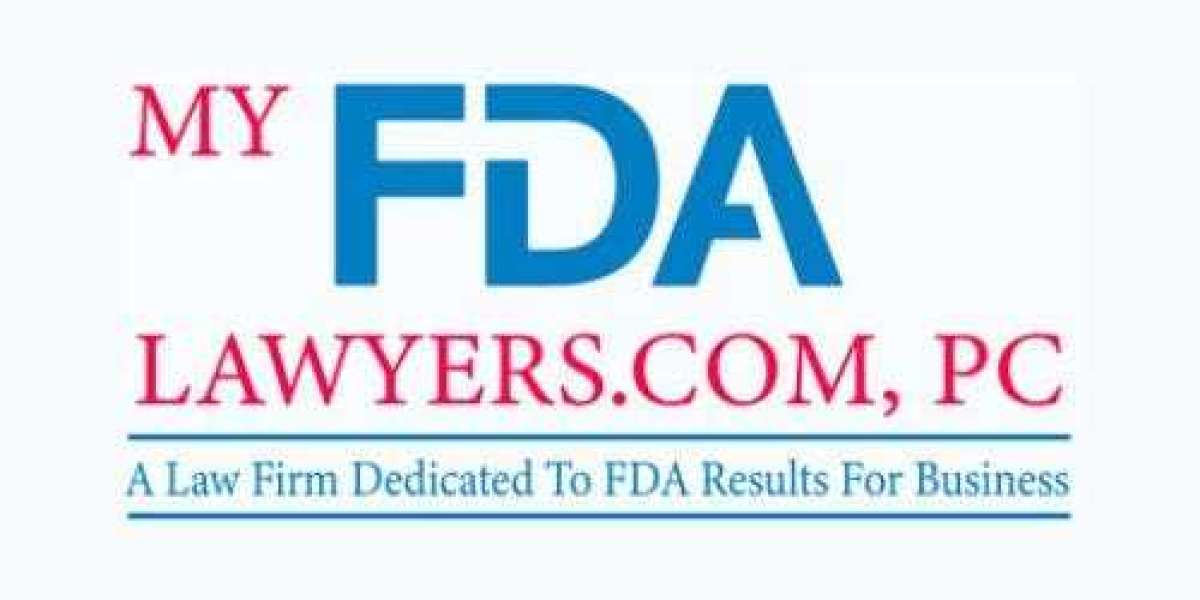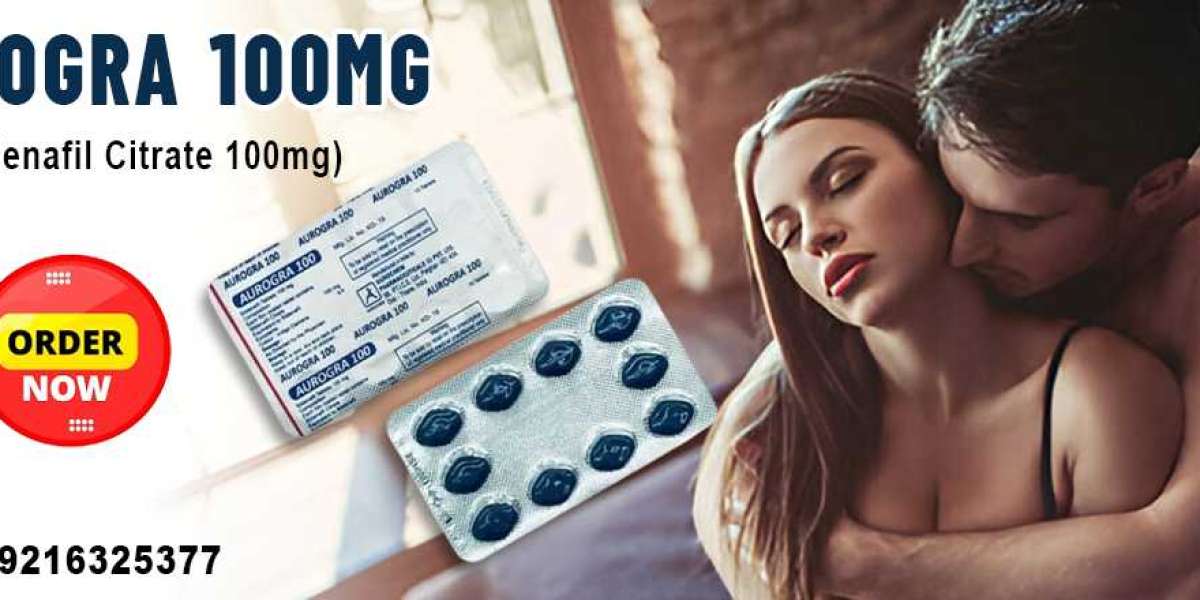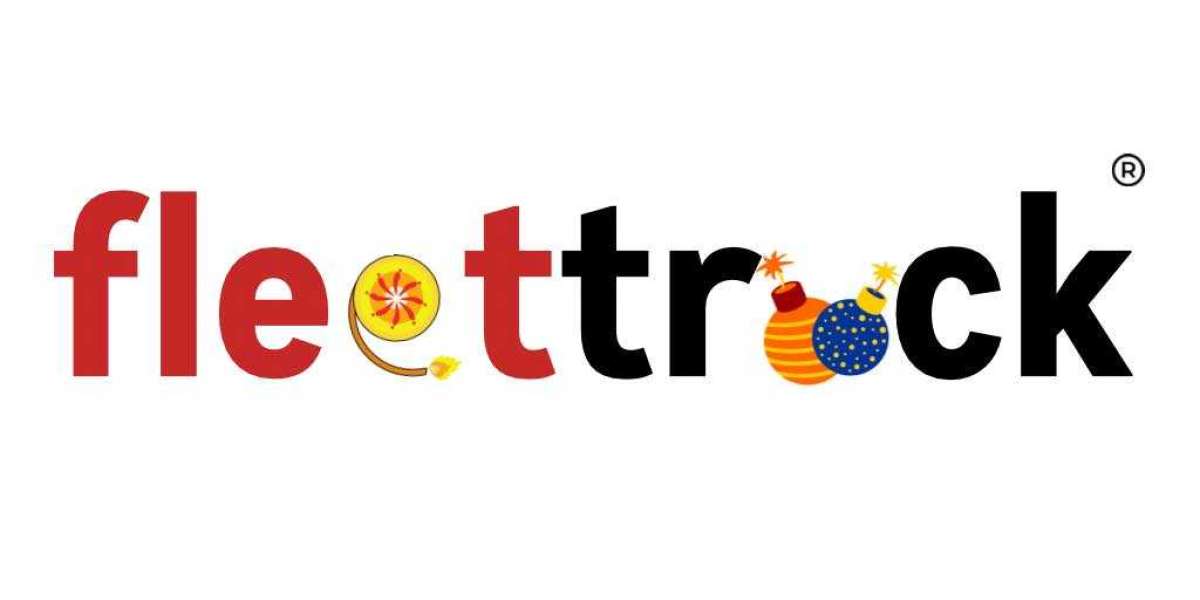The Food Safety Modernization Act (FSMA), signed into law by President Obama in 2011, represents a major shift in the United States' approach to food safety. One of the key components of FSMA is the Foreign Supplier Verification Program (FSVP), which requires importers to verify that their foreign suppliers meet U.S. safety standards. Navigating the intricacies of FSVP can be daunting, but with the right approach and knowledge, importers can ensure compliance and avoid potential pitfalls. Here are seven essential tips for navigating FDA FSVP services effectively.
Understanding the Basics of FDA FSVP Services
1. Grasp the Fundamental Requirements
Before diving into the specifics, it’s crucial to understand the fundamental requirements of the FSVP. The program mandates that importers perform certain activities to verify that the food they bring into the U.S. meets the same safety standards as food produced domestically. This includes:
- Conducting hazard analyses for each type of food imported.
- Evaluating the risk posed by the food, based on the hazard analysis and the foreign supplier’s performance.
- Implementing and documenting supplier verification activities.
- Corrective actions when food safety problems are identified.
The goal of these requirements is to ensure that imported foods are produced in a manner that provides the same level of public health protection as required for domestically produced foods.
2. Know Your Role as an Importer
The FSVP regulations apply to importers, defined as the U.S. owner or consignee of a food offered for import into the United States. If there is no U.S. owner or consignee at the time of entry, the importer is considered to be the U.S. agent or representative of the foreign owner or consignee, as confirmed in a signed statement of consent.
Importers are responsible for developing, maintaining, and following an FSVP for each food they import, which includes verifying that their foreign suppliers are producing food in a manner that meets U.S. safety standards.
Implementing Effective Hazard Analysis
3. Conduct Thorough Hazard Analyses
A cornerstone of the FSVP is the requirement for importers to conduct hazard analyses for each type of food imported. This analysis should identify and evaluate both biological, chemical (including radiological), and physical hazards that are reasonably likely to cause illness or injury.
Key steps in conducting a hazard analysis include:
- Identifying Known or Reasonably Foreseeable Hazards: Determine all potential hazards that could affect the food.
- Evaluating the Severity and Probability: Assess the likelihood and potential impact of these hazards.
- Determining if Hazards Require a Control: Decide if preventive controls are necessary to ensure safety.
4. Leverage Qualified Experts
Performing a thorough hazard analysis often requires expertise in food safety and the specific types of food being imported. It’s beneficial to involve a Preventive Controls Qualified Individual (PCQI) or other food safety professionals who understand both the scientific and regulatory aspects of hazard analysis.
These experts can help ensure that your hazard analysis is comprehensive and meets FDA standards, thereby reducing the risk of non-compliance and potential food safety issues.
Evaluating and Verifying Suppliers
5. Evaluate Supplier Performance
One of the critical components of FSVP is the evaluation of your foreign suppliers. This evaluation should be based on:
- The Supplier’s Food Safety Practices: Review the supplier’s history of compliance with U.S. food safety standards.
- The Risk Posed by the Food: Consider the inherent risks associated with the type of food being imported.
- Supplier Performance: Take into account the supplier’s record of meeting U.S. safety standards, including results of audits and any history of food safety incidents.
This evaluation should be documented and reviewed regularly to ensure ongoing compliance.
6. Implement Supplier Verification Activities
Verification activities are essential to ensure that your suppliers are consistently producing safe food. These activities may include:
- Annual Audits: Conducting periodic audits of the supplier’s facilities.
- Sampling and Testing: Testing samples of imported food to verify safety.
- Reviewing Supplier Documentation: Regularly reviewing safety records and compliance documentation provided by the supplier.
The specific verification activities required may vary based on the risk posed by the food and the supplier’s performance. Importers should tailor their verification activities to address the specific risks associated with each supplier and product.
Documenting and Managing Compliance
7. Maintain Comprehensive Records
Documentation is a crucial aspect of FSVP compliance. Importers must keep records that demonstrate their compliance with all FSVP requirements. This includes:
- Hazard Analyses: Detailed records of hazard analyses conducted for each type of food.
- Supplier Evaluations: Documentation of the evaluations of supplier performance and food safety practices.
- Verification Activities: Records of all verification activities, including audits, testing, and reviews of supplier documentation.
- Corrective Actions: Documentation of any corrective actions taken when food safety problems are identified.
These records must be maintained for at least two years after the importation of the food. Keeping thorough and organized records not only ensures compliance with FSVP regulations but also provides valuable documentation in the event of an FDA inspection.
Engaging with FDA and Legal Experts
The Role of Claims Reviews Attorneys
Navigating FSVP requirements can be complex, and there may be instances where legal expertise is necessary. Engaging with claims reviews attorney who specialize in FDA regulations can provide critical support. These attorneys can help with:
- Interpreting FSVP Requirements: Providing legal interpretations of FSVP regulations and how they apply to your specific situation.
- Compliance Strategies: Developing strategies to ensure compliance with FSVP requirements.
- FDA Inspections and Audits: Representing your company during FDA inspections and audits, and assisting with responses to any findings or violations.
Claims reviews attorneys can also assist in disputes or challenges related to import refusals or detentions, helping to protect your business interests and ensure continued compliance with FDA regulations.
Conclusion
The FDA's Foreign Supplier Verification Program (FSVP) is a critical component of the Food Safety Modernization Act (FSMA) aimed at ensuring the safety of imported foods. By understanding the fundamental requirements, conducting thorough hazard analyses, evaluating and verifying suppliers, maintaining comprehensive records, and engaging with legal experts, importers can navigate FSVP services effectively. Compliance with FSVP not only protects public health but also helps importers avoid regulatory actions and maintain their business operations smoothly.
In an increasingly globalized food supply chain, importers play a vital role in ensuring food safety. By following these seven essential tips, importers can fulfill their responsibilities under FSVP and contribute to a safer food supply for all.








